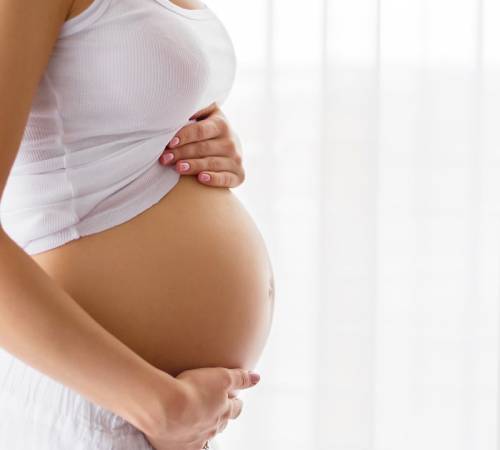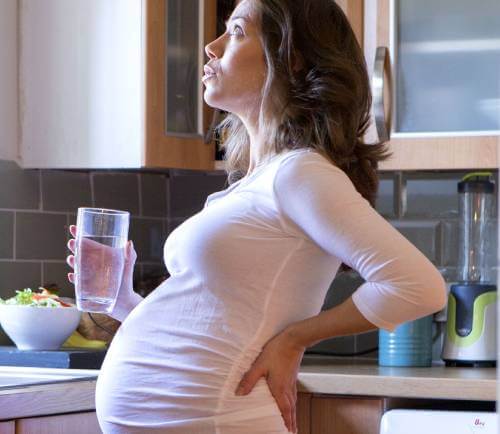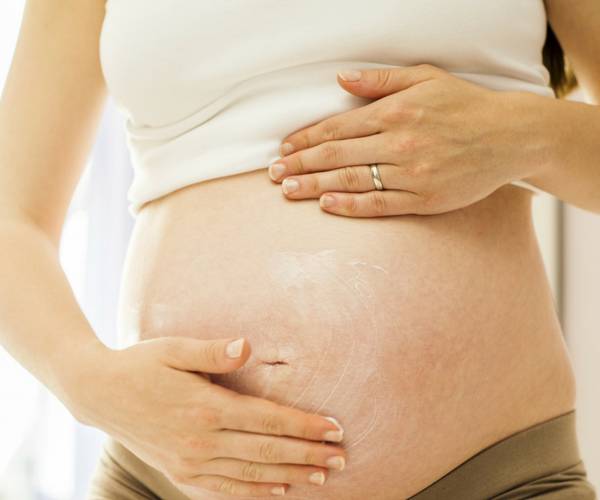
Women do not complain much often about observing incontinence during their pregnancy. This usually happen when urine discharge unintentionally and can cause future leaks to be consistent and much severe attacks.
You can experience Incontinence for a small duration after the birth of your baby; however, some women also complain about experiencing it as a long-term issue.
Although there are no such treatments for incontinence during pregnancy, there are specific steps you could take in order to manage these attacks and minimize their symptoms.
If you are suffering from incontinence and need a recommendation from an expert, consult a doctor right now.
Our experts at Mobidoctor can address your signs of incontinence and offer you advice according to your personal needs on how to tackle them during pregnancy.
See a Doctor about Incontinence
During the period of 3rd trimester (27th week) and onwards, incontinence is expected to occur which is usually led by excessive pressure on the bladder. As your uterus expands to provide space for your developing infant, it puts much stress on the bladder and the related muscles. These conditions lead the muscles to expand which weakens up the bladder.
The usual varying in hormonal levels during pregnancy can also worsen up the situation, leading the muscles of the pelvic region to calm and keeping them from promptly sustaining the bladder.
If you are going through constipation, which is quite common for pregnant women, this can also put stress on the pelvic area, growing the possibility of having incontinence.
The condition may still be there after your baby is born and the expansion of muscle that takes place during vaginal childbirth can add to the symptoms of incontinence.
See a Doctor about Incontinence
While incontinence might continue for several months after your baby is born – there are specific methods that you can implement in order to avoid the possibility of incontinence.
Physical exercises such as Pelvic Floor exercise is usually suggested, especially for women who experience pregnancy for the first time. The exercise assists in making the surrounding muscles stronger and will support to have more control when you urinate.
Correspondingly, some women observe that changes in their eating schedule also assist in managing incontinence. A few common edibles to avoid are caffeine, spicy foods, alcohol, and acidic fruits.
In addition, it is crucial to increase your water intake. This is usually a nice thought; however, it will also weaken the focus of the urine and keep it from infuriating the bladder.
If you are suffering from pregnancy incontinence and are in search of specialists suggestions, do not waste time – consult a doctor right now.
Our doctors can converse with you regarding the symptoms and offer you tailored advice on the correct methods to balance out the incontinence symptoms during and after your pregnancy.
Consult a Doctor about Avoiding IncontinenceConsult a Doctor right now, or choose a time that is convenient for you.
Be seen by our doctors online through either our mobile app or website.
Does not matter if you need expert advice, prescribed medication or treatment – we are here for you.
Please enter your registered email address.
